Grant Cardone, Suze Orman and 11 Other Money Experts Share Their Best Budgeting Basics
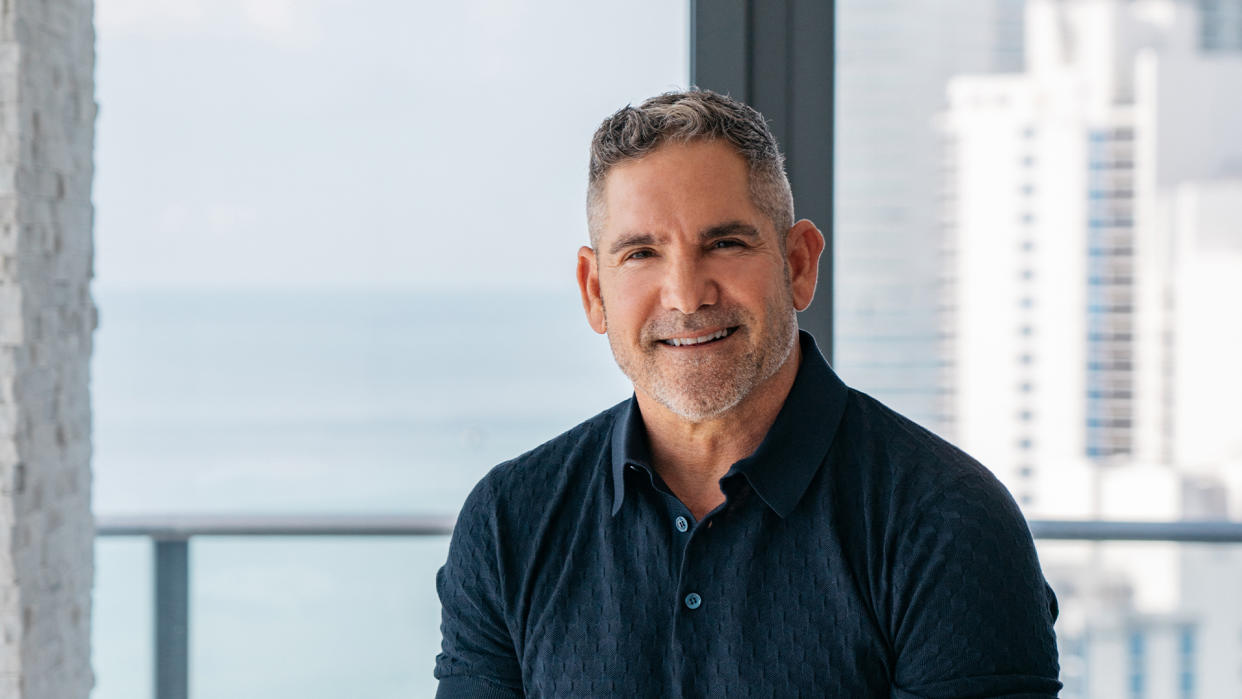
Every person, household and business should keep track of how much money is coming in, how much is going out, and where it’s being spent. Budgets come in all shapes and sizes — managing money is not a one-size-fits-all proposition. However, universal fact is that flying blind will inevitably lead to overspending, under-saving and missed bills.
Find Out: 5 Unnecessary Bills You Should Stop Paying in 2024
Try This: 5 Genius Things All Wealthy People Do With Their Money
With that in mind, the following is a roundup of the best pieces of budgeting advice from 13 of our Top 100 Money Experts. Some deal with strategies and methods, others with formats and styles. All of them include advice from the biggest names in the personal finance world, hand-crafted for regular people like you.

Suze Orman: Pass It On
According to celebrity giver-of-tough-money-love Suze Orman, the best thing you can do with your budget is to treat it as a skill to be passed onto the next generation.
“Sitting down with your children once a month and having them help you pay the family bills is an incredibly valuable life-lesson opportunity that sadly few families use,” Orman wrote. “I don’t just think it is ‘nice’ to give a tween or teenager a window into the basics of household cash management. It is vital. If you are serious about giving your child the best possible chance at being a successful adult, teaching them how to handle basic household finances is a very important skill.”
Read Next: Shark Tank’ Star Kevin O’Leary: My Morning Habit That Keeps Me From ‘Losing Money 100% of the Time’
Check Out: Rare Bicentennial Quarter Has Nearly $20K Value — Plus 7 More Worth Big Money
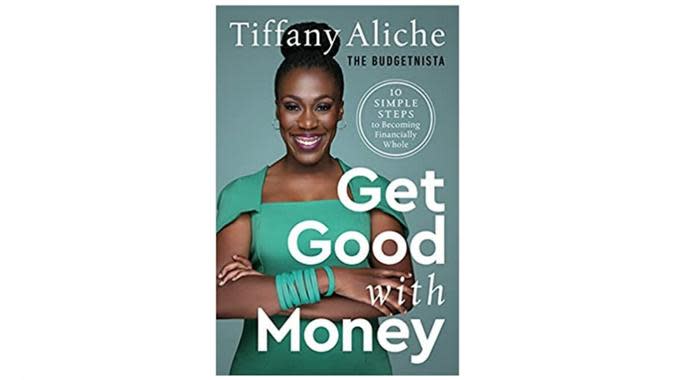
Tiffany Aliche: Be a Squirrel
Tiffany Aliche of the “Brown Ambition” podcast is known as The Budgetnista. To find some of the best budgeting advice on the planet, she recommends looking no further than the nearest tree.
“Save like a squirrel,” she said on a webcast. “Focus on putting more money away in times of abundance, like squirrels do in the fall. Then you have savings you can tap into when times are lean, like squirrels in winter.”
Trending: 7 Things To Know If You Withdraw More Than $10,000 From Your Checking Account
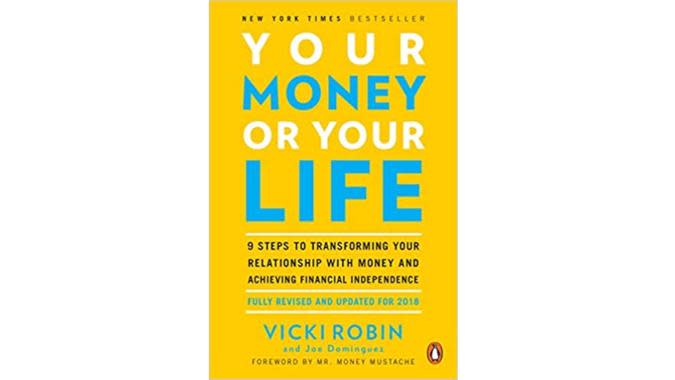
Vicki Robin: Don’t Get Played
There are two ways to loosen up a tight budget: earn more or spend less. If you choose to tighten your belt instead of asking for a raise at work, Vicki Robin of “Your Money or Your Life” fame offers up a simple tip for deciding which expenses to cut.
She told Get Rich Slowly, “A useful question for me when I’m in the presence of something I must have is: Who wins if I buy this? Do I win? Or does somebody else win? Maybe I win a teeny bit by getting a computer case, but the company that sells it is the real winner.”

William D. Danko: Pay Yourself First … and a Lot More
Most household budgets share at least one common flaw — the people who came up with those budgets aren’t saving nearly enough money. According to William D. Danko, author of “The Millionaire Next Door,” the average American could stand to quadruple their nest egg contributions.
“First, commit to saving 20% of your income,” he said. “Currently, most save about 5%. It is hard to get ahead and be an investor without saving first.”
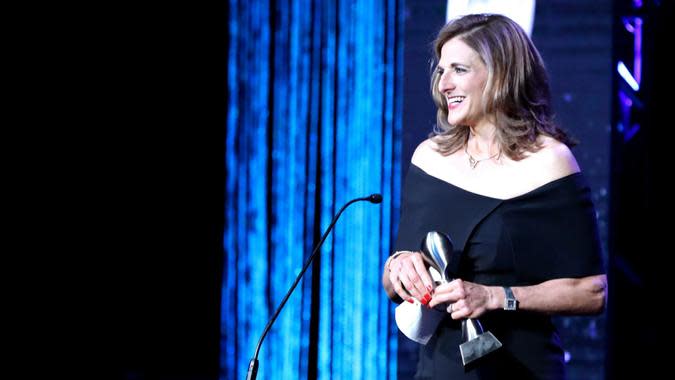
Jill Schlesinger: Don’t Let Debt Kill Your Savings
Lots of debt is bad. Lots of money in savings is good. This is budgeting 101, but few people know more about the impact the former has on the latter than Jill Schlesinger. Before she was a podcaster, columnist, author and TV personality, Schlesinger was an investment adviser.
As she told wbur.org, “When I was in the business of giving financial advice, I found that people who were able to actually pay down their debt became phenomenal savers. Phenomenal.”
Good To Know: 9 Bills Frugal People Don’t Pay
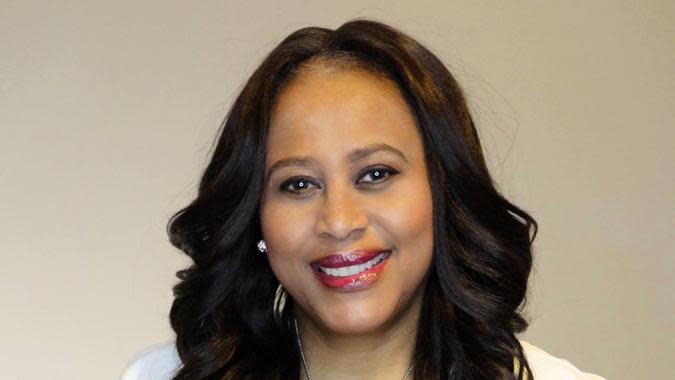
Michelle Singletary: Start by Killing Small Debts
So, once again, debt is bad — but when people face student loans, credit card payments, car payments and the rest, how is a person supposed to know where to start? For “The Color of Money” columnist Michelle Singletary, the smart move is to start from the ground up.
She once wrote for Oprah.com, “List your debts, starting with the smallest. Take all the extra money you can find in your budget and apply it to that debt, and make only the minimum payments on your other debts. When you pay off the first debt, move on to the one with the next lowest balance, and so on. This strategy works because people get an emotional boost from eliminating one of their debts quickly, which motivates them to stick to their debt repayment plan.”
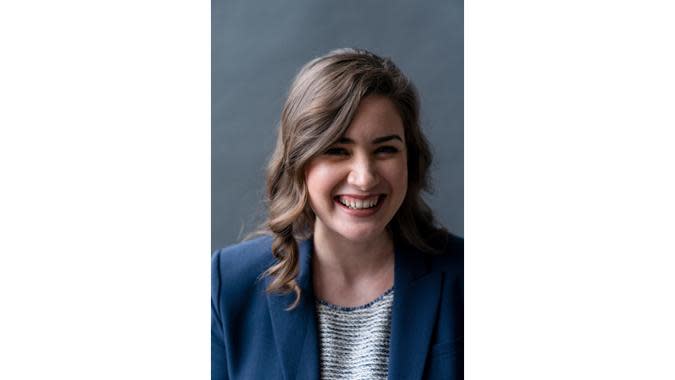
Erin Lowry: Never Stop Experimenting
Some budgets are scribbled out on spreadsheets. Others live in mobile apps or have their own sections inside bullet journals. There is no right or wrong way, according to bestselling “Broke Millennial” author Erin Lowry. In fact, she advises test-driving as many budgeting styles as possible and pulling the most valuable nuggets from each to create a model that’s all your own.
“Keep exploring to find a budgeting system and a learning style that works for you,” she said. “There are so many ways to learn about money these days and so many styles to money management, that something out there will suit you.”

David Bach: Automate Everything
It’s no secret that David Bach, author of “The Automatic Millionaire” is not a fan of manual transactions.
He wrote in his book, “Automating your finances — sending your money automatically to investment accounts, savings accounts and creditors — allows you to build wealth effortlessly. You’ll never forget a payment again — and you’ll never be tempted to skimp on savings because you won’t even see the money going directly from your paycheck to your savings accounts.”
Up Next: Warren Buffett’s Parenting Rule: The Key to Raising Money-Savvy Kids

Grant Cardone: Save To Invest
Saving money is always a part of any good budget — some portion of every dollar coming in must be tucked away for a rainy day. But “The 10X Rule” author Grant Cardone wants you to reconsider the entire concept of what it means to save in the first place, particularly the traditional strategy of stuffing cash into a bank account.
According to an interview with Medium, Cardone said, “Banks pay you no interest. Never save just to save — save to invest. If you save all your money, you’re simply losing 3% of value a year in inflation.”
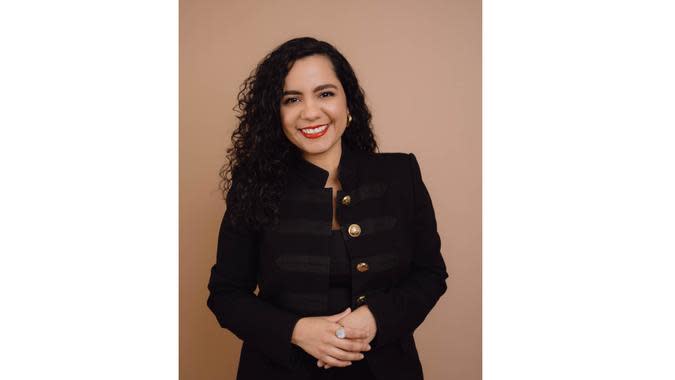
Jully-Alma Taveras: Know Your ‘Survival Budget’
Known as the “Investing Latina,” Jully-Alma Taveras leaned on lessons learned during her spartan first-generation upbringing to come up with what she calls her “survival budget.” That’s the bare minimum she needs to survive for a single month with only the most basic necessities — and she believes everyone should have one.
“Creating and understanding your survival number isn’t about denying yourself,” Taveras said. “It’s about being intentional with your spending, clear about your financial goals and mindful about your consumption. You may never have to actually live on your survival budget. But establishing your number can give you a sense of security and a benchmark for building your emergency fund savings.”
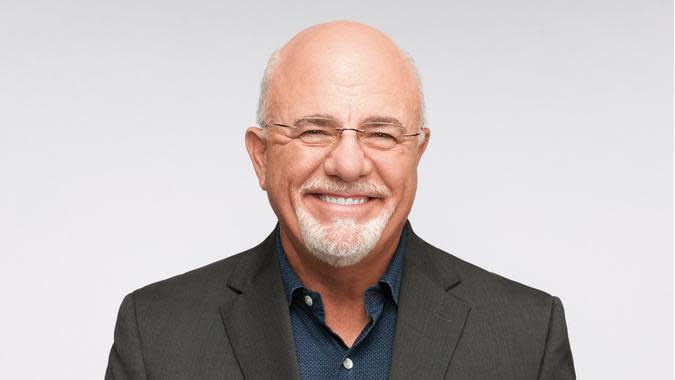
Dave Ramsey: Break Up With Debt
Dave Ramsey is known for his “baby steps” strategy and debt snowball method that his loyal followers have used to pay off debt and reach financial freedom. While Ramsey advocates paying down your smallest balance first when paying down your balances, he wants you to stop using debt until you’re in a better financial position.
“You’ll never climb out of a hole if you don’t stop digging,” Ramsey wrote in a blog post. “When you decide to pay off debt, that means you’re breaking up with debt. For good. No more swiping the credit card. No more same-as-cash scams. No more financing fancy cars.”
Find Out: 10 Valuable Stocks That Could Be the Next Apple or Amazon

Robert Kiyosaki: Spend Instead of Saving To Get Rich
According to the author of “Rich Dad Poor Dad,” rich people get to where they are by spending money on assets, even when times are difficult. Robert Kiyosaki is known for being a proponent of real estate, and he wants you to use assets to pay for your liabilities.
“By increasing assets, which in investments like real estate, increase monthly cash flow, this is how you can purchase luxury items and liabilities,” Kiyosaki wrote. “If you want a nice car, invest money until the asset produces the cash flow required to purchase that car. Then, you’ll have a nice car and a great asset.”
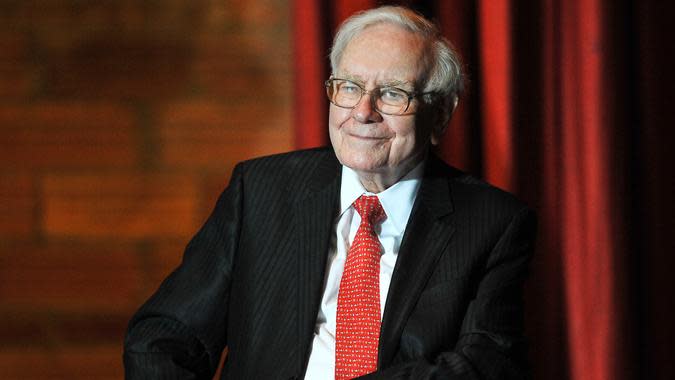
Warren Buffett: Avoid Debt If You Can
Warren Buffet is known for his investing advice, which has been shared for decades with shareholders and followers. While Buffett has unique investing philosophies that he’s known for, his best budgeting tip is to avoid debt in the first place.
“Avoid it if you can,” Buffett told a teenager about debt at a 2004 Berkshire Hathaway annual meeting when sharing advice for young people. “Even though we issue lots of credit cards and everything, we’d say, probably, if I had one piece of advice to give to young people, you know, across the board, it would be just to don’t get in debt.”
Martin Dasko contributed to the reporting for this article.
More From GOBankingRates
This article originally appeared on GOBankingRates.com: Grant Cardone, Suze Orman and 11 Other Money Experts Share Their Best Budgeting Basics
